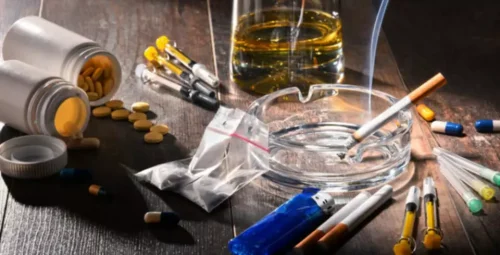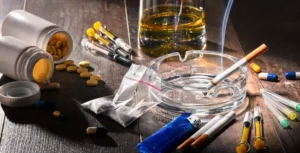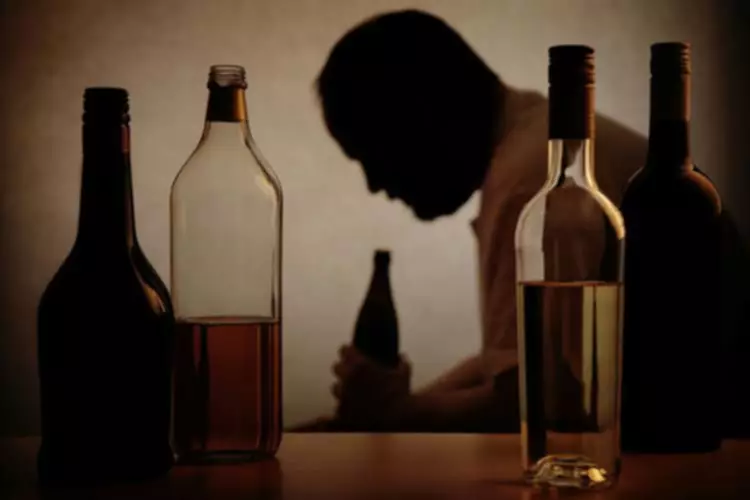- PER CONTATTARCI
- +39 0461-816036
- info@chindet.it
Alcohol and Sleep
Does Shopify Do Accounting? Shopify Guide
3 Febbraio 2021NAC abre inscrições para cursos na área de Tecnologia da Informação
9 Febbraio 2021
This may be especially true if you drink alcohol to help you fall asleep faster, and then experience disrupted sleep later in the night without realizing it. Since even small amounts of alcohol can affect your sleep, the overwhelming consensus in the medical community is that alcohol is not an appropriate sleep aid. If you want to understand why alcohol has a contradictory effect on your sleep cycle, it can help to think about things in terms of sleep stages. Drinking alcohol reduces your sleep onset latency (SOL), or the amount of time it takes to fall asleep. This can seem like a good thing at first, but it doesn’t paint the whole picture of what happens to your body throughout the night. Sleep onset occurs when there are increased homeostatic (sleep-promoting) and decreased circadian (wake-promoting) drives (Borbely, 1982).
Subjects

As children grow older and approach adolescence, many of them may experience a shift towards eveningness, a phenomenon seen commonly in boys 11. Beyond the second decade of life, individuals tend to revert back towards morningness 12. The clinical significance of eveningness is that emerging evidence has linked it with an increased risk for psychopathology such as alcohol misuse 5.
Sleep Medicine Physician
Studies have found conflicting information about how alcohol affects REM sleep. Alcohol appears to consistently delay the first REM sleep episode, and higher doses of alcohol appear to reduce the total amount of REM sleep. Suppressing REM sleep can have detrimental consequences for memory consolidation and other cognitive processes.

Alcohol and Insomnia: That Nightcap Might Keep You Up at Night

Studies have shown that when you get up the next day, you may be less alert because of your drinking the night before, even though you no longer have alcohol left in your body. Having bulletproof sleep hygiene can also help you fall and stay asleep, and this is even more important if you’ve had a drink. RISE can tell you when to do 20+ sleep hygiene habits at the time that makes them the most effective for you.
Sleep Apnea and Alcohol
And we quickly build a tolerance for the sedative effects of alcohol, which means you may need to drink more to have the same initial sleep-inducing effects. In addition to altering your sleep architecture, alcohol can disrupt your sleep by interfering with contributing to sleep disorders and interfering with circadian rhythms. While some people find that drinking alcohol helps them fall asleep more easily, alcohol ultimately has a negative impact on sleep.
Exome sequencing identifies genes associated with sleep-related traits
The best positions for sleep on your period are your side or back. Sleeping on your stomach may increase discomfort in your lower back, a region already affected by period cramps. If you sleep on your side, putting a pillow between your knees can align your pelvis and may decrease discomfort. When you’re on your back, a small pillow on your lower back may also make sleep easier. If you must sleep on your stomach, placing a small pillow at the hip level could help you stay aligned.

You can check RISE for a personalized time to stop drinking alcohol based on your daily circadian rhythm, the internal clock that dictates your sleep cycle. Many of us have indulged in a glass of wine to help send us off to bed, and more than 1 in 10 people uses alcohol to beat stress-related insomnia and sleep better at night. However, the bulk of alcohol insomnia the evidence shows that alcohol doesn’t improve sleep. On the contrary, as alcohol passes through the body, it exerts a number of biochemical effects that tend to lead to poorer sleep. Understanding the effects of alcohol on sleep is the first step toward preventing alcohol-related sleep problems. In short, it’s mainly due to your body rebalancing itself after stopping a substance.
When Should I Stop Drinking Before Bed?
Consuming alcohol causes physiological changes that affect snorers and people with obstructive sleep apnea (OSA), which occurs when tissues in the nose or throat collapse and temporarily obstruct the airway. It also causes changes to blood vessels in the nose, leading to greater airway resistance in https://ecosoberhouse.com/ the nasal passages. How much alcohol you drink and when you drink it can both influence sleep.
TREATMENT OPTIONS FOR SLEEP DISTURBANCES DURING ALCOHOL RECOVERY
Our findings contrast with this study in that we did not find strong association between drinking and sleep duration. Jackson et al. note that the prevalence of short sleep across alcohol consumption patterns was more variable among whites, and the majority of Whitehall II participants are white. Heavy consumption of alcohol over an extended period of time leads to increased tolerance and this tolerance is accompanied by adaptation of the neurotransmitter systems5. Furthermore, long-term consequences of alcohol may lead to changes in sleep regulation. The influence of alcohol on sleep therefore needs to be evaluated by exploring both the short term effects on sleep (cross sectional data) and the long-term consequences (longitudinal data of repeated measures).
FAQs about alcohol and sleep
- Private, 6-bed luxurious facilities treating addiction and co-occurring mental health with a customized whole-person approach in Marin County’s rolling hills.
- Make your bedroom dark, cool, and quiet for optimal sleep conditions.
- It is more often consumed at night, also called a nightcap, and may negatively affect your sleep.
- However, as the alcohol’s effects start to wear off, the body spends more time in light sleep, which is not as sound and may lead to more nighttime awakenings.
If alcohol continues to disrupt your overall sleep quality, you may consider cutting it out entirely, or limiting your intake before bedtime. If you’ve stopped drinking alcohol, but are still having sleep issues, be sure to reach out to a sleep specialist. You may also experience parasomnias which are disruptive sleep disorders that occur in specific stages of sleep or in sleep-wake transitions.
